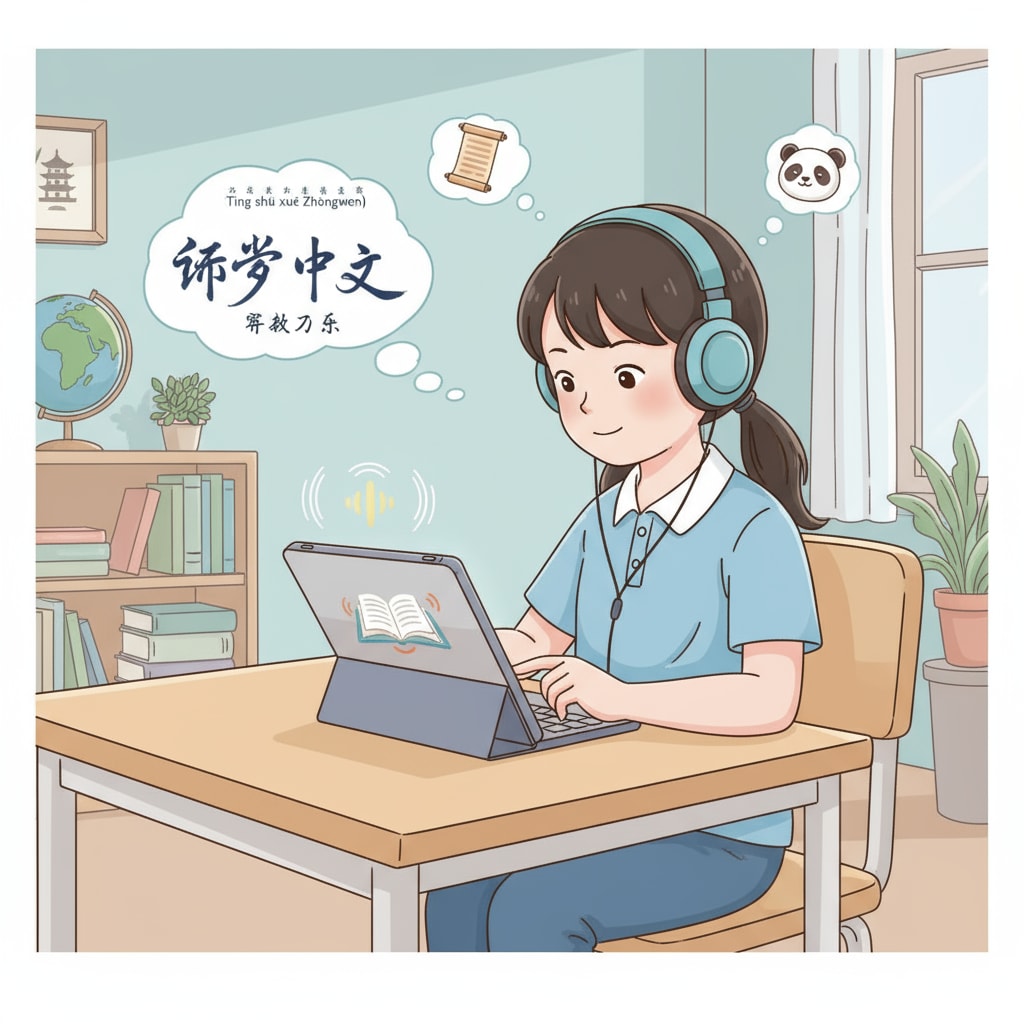In the realm of eighth-grade Chinese language teaching, the question of whether audiobooks can replace traditional reading has emerged as a significant point of discussion. This new trend, influenced by the digital age, has brought the concepts of audiobooks, reading fluency, and Chinese language teaching to the forefront.

As technology continues to evolve, educators are exploring innovative ways to enhance students’ learning experiences, and audiobooks have become a part of this exploration.
The Rise of Audiobooks in Education
Audiobooks have witnessed a remarkable surge in popularity in recent years. Thanks to the convenience of digital devices, students can now access a vast library of audiobooks with ease. In the context of Chinese language teaching, audiobooks offer a unique way to expose students to the language. For example, listening to classic Chinese literature in audiobook format can help students improve their pronunciation and intonation. According to Educational Research on Audiobooks, audiobooks can also enhance students’ listening comprehension skills, which are crucial for language acquisition.

The Impact on Reading Fluency
One of the key aspects under debate is how audiobooks affect reading fluency. Reading fluency involves the ability to read text accurately, smoothly, and with proper expression. Some proponents argue that audiobooks can assist in developing fluency by providing a model of correct reading. When students listen to an audiobook, they can imitate the narrator’s rhythm and pace. However, critics worry that relying too much on audiobooks may hinder the development of essential reading skills, such as the ability to decode words independently. As The Literacy Association’s Research on Reading Fluency points out, traditional reading practice is still fundamental for building strong reading fluency.
In addition to reading fluency, there are other considerations in Chinese language teaching. Audiobooks can be a valuable tool for vocabulary expansion. By listening to a diverse range of texts, students are exposed to new words and phrases in context. Moreover, audiobooks can make learning more engaging, especially for students who may struggle with traditional reading materials. However, educators must also ensure that students are still actively engaged with the text and not simply passively listening.
Readability guidance: As we’ve seen, the use of audiobooks in eighth-grade Chinese language teaching presents both opportunities and challenges. It’s important to balance the benefits of audiobooks with the need to develop traditional reading skills. Educators should carefully consider how to incorporate audiobooks into the curriculum to enhance students’ language learning experience while still fostering strong reading fluency.


